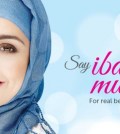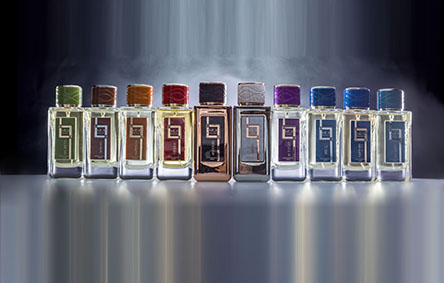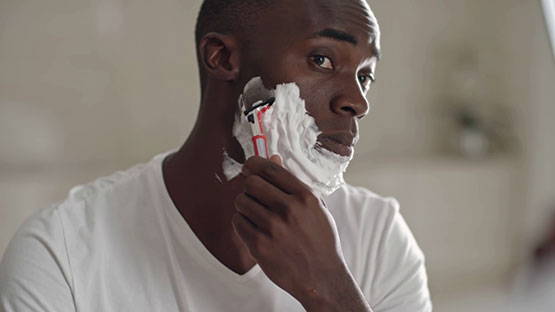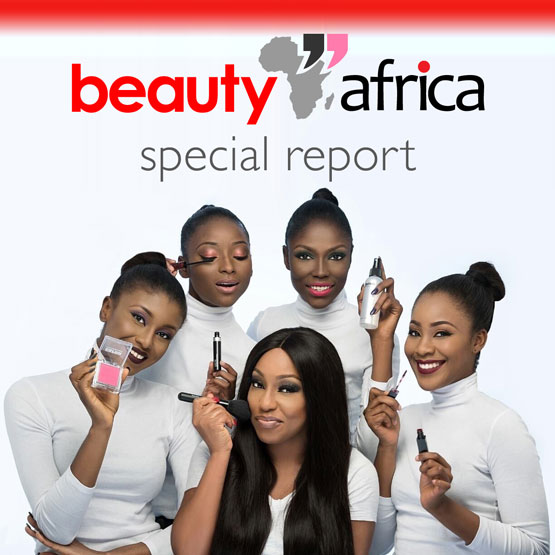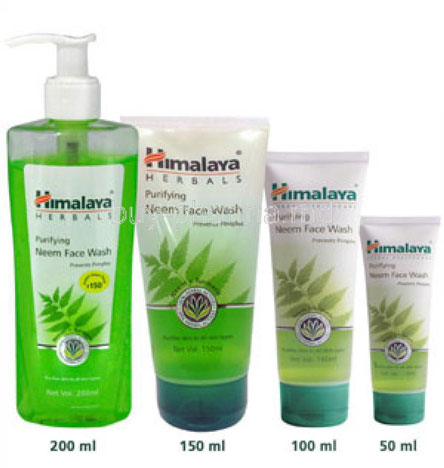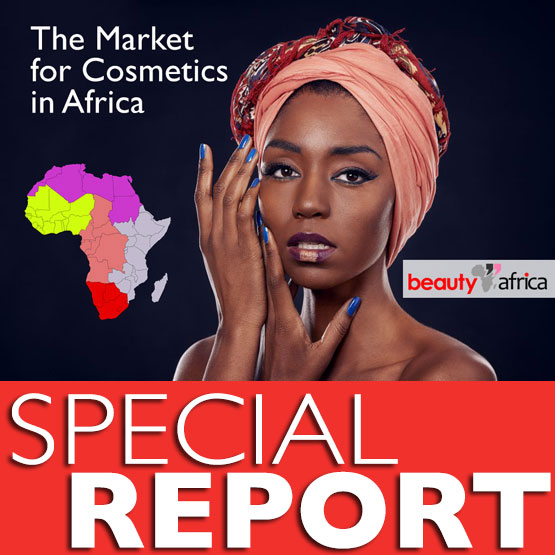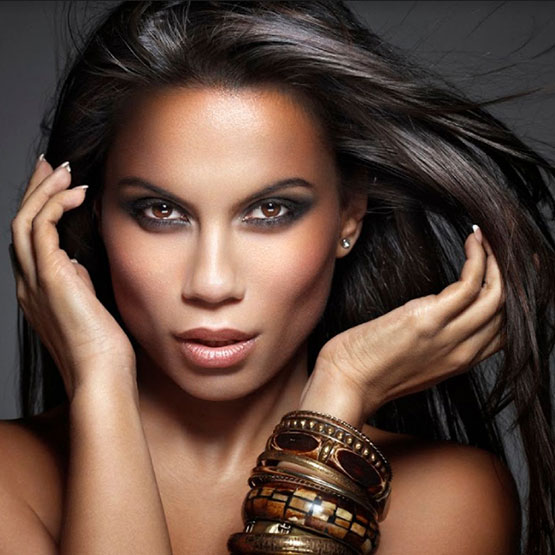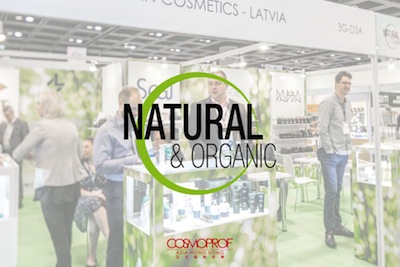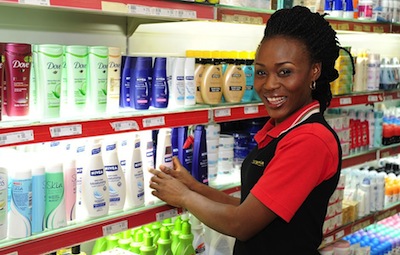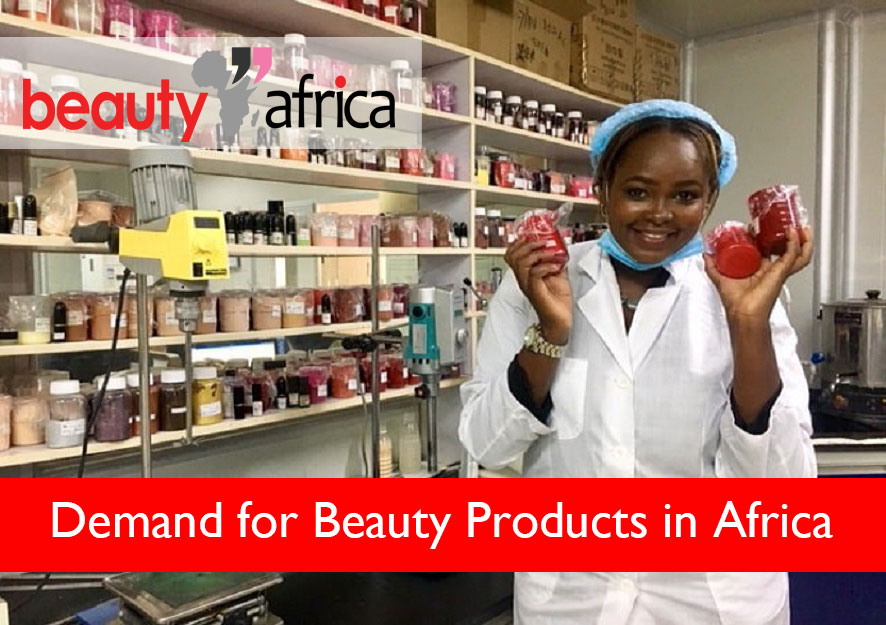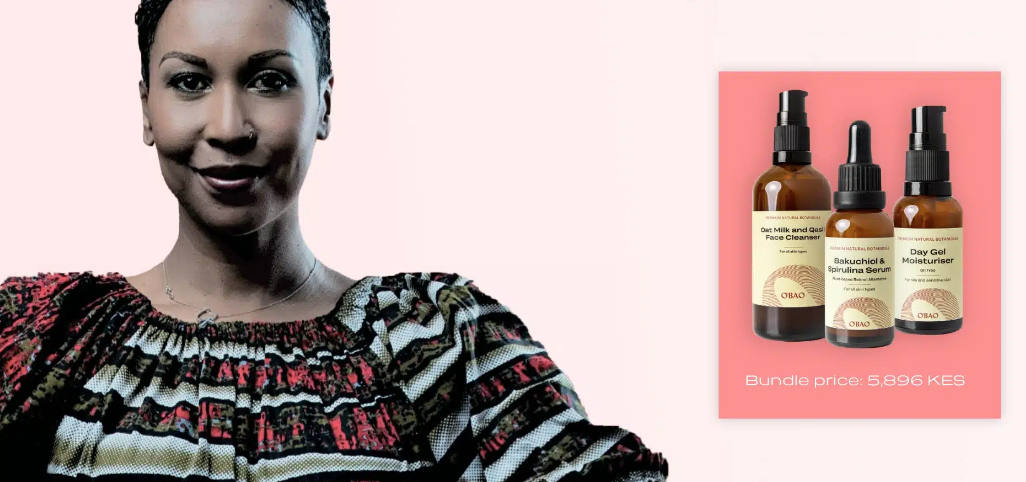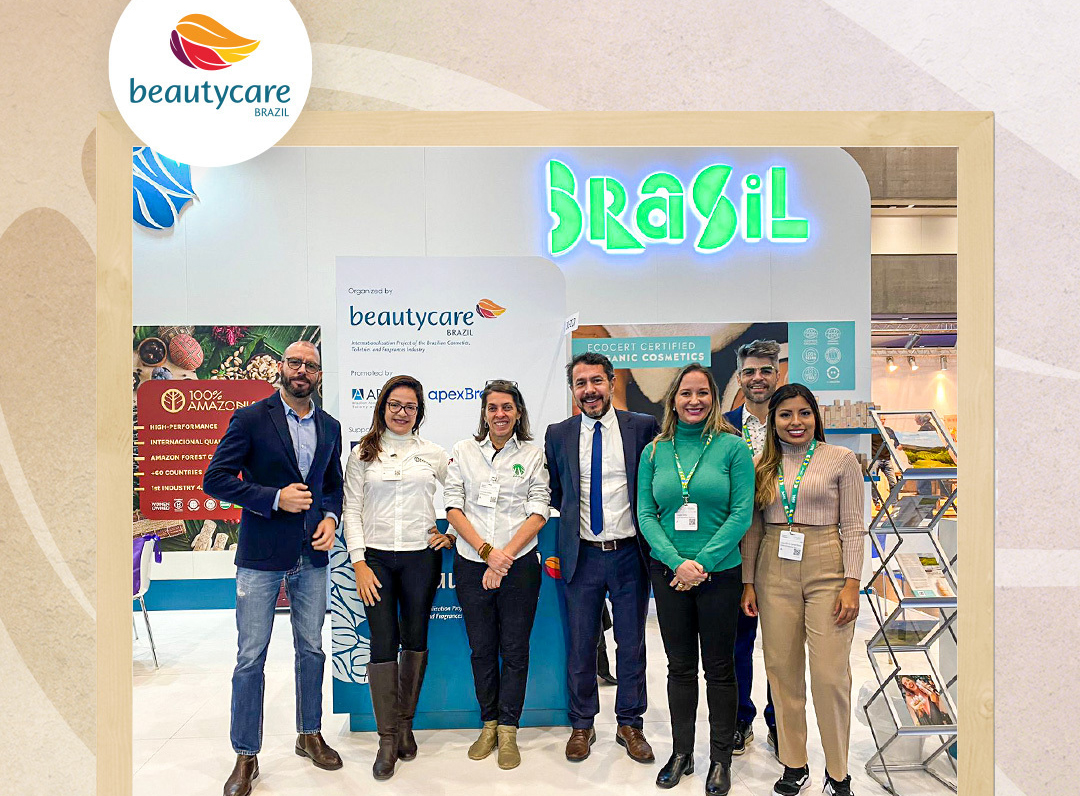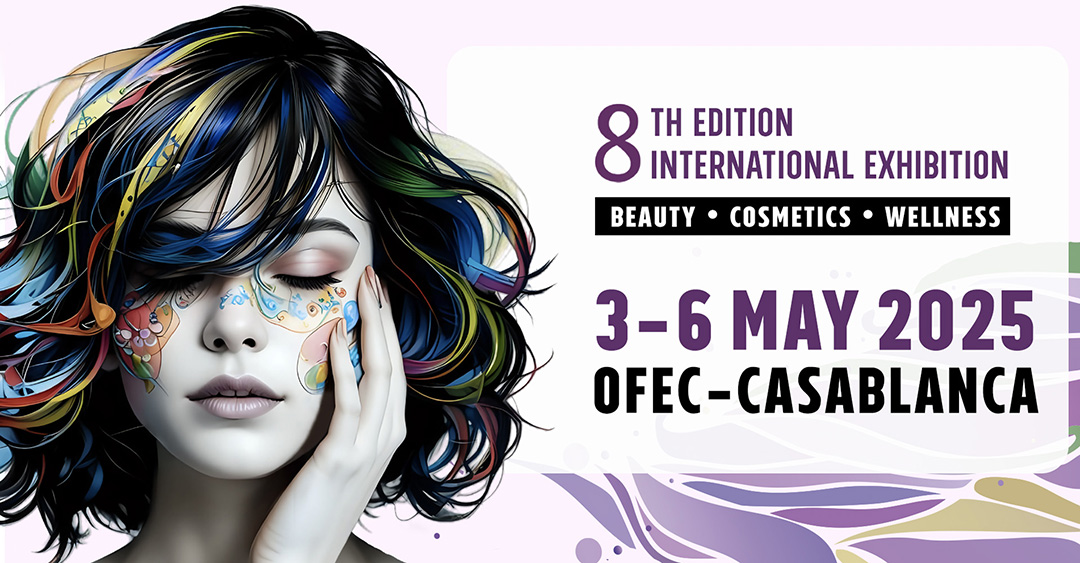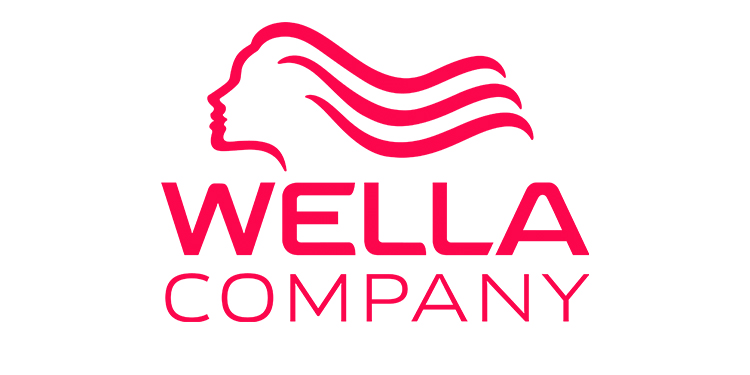Halal cosmetics and Chinese medicine-based cosmetics in demand
Going buy the tremendous growth in demand for halal cosmetics in the Saudi market, it is evident that the Halal personal care products are continuing to gain momentum and are here to stay. The projected growth rate of 15 percent between 2023 and 2030 is just an indication of the potential of this growing trend. And it doesn’t stop there, with consumers also seeking out the holistic benefits of Chinese medicines. So are these the ‘new naturals’?
Halal Cosmetics
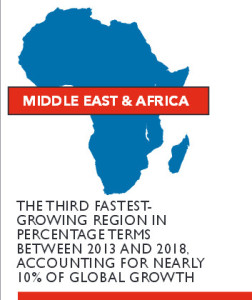 Indeed, according to a report by Dubai Authorities and Thomson Reuters, demand for halal cosmetics is growing both amomst Muslims and globally. Cosmetics giants who are forging ahead in the halal cosmetics market like Estée Lauder which has been blazing an acquisition trail of companies aimed at Asian consumers. L'Oréal is planning to open a store in Uganda and has also acquired Chinese make-up and skincare brand Yue-Sai in a bid to expand in the East. More tellingly, according to the report the demand for halal products is greater than total sales in Germany and India.
Indeed, according to a report by Dubai Authorities and Thomson Reuters, demand for halal cosmetics is growing both amomst Muslims and globally. Cosmetics giants who are forging ahead in the halal cosmetics market like Estée Lauder which has been blazing an acquisition trail of companies aimed at Asian consumers. L'Oréal is planning to open a store in Uganda and has also acquired Chinese make-up and skincare brand Yue-Sai in a bid to expand in the East. More tellingly, according to the report the demand for halal products is greater than total sales in Germany and India.
Coming to Chinese medicine now, the rise and rise of Jahwa-owned Herborist brand is a clear indication of the popularity of these products amongst consumers. The company has had a stellar year, first launching in the UK as part of its European expansion plan – then launching in North America in a bid to capitalize on the market with its Chinese traditional medicine techniques . Most recently, the company teamed up with a Japanese partner in order to manufacture its products in France and Japan. The company’s global onslaught is a clear indicator of the desirability of herbal-based medicinal cosmetics products.
According to a recent report, the market share for herbal beauty products has increased considerably in comparison to synthetic products thanks to their popularity with consumers. Products such as herbal skin care, hair care and make up items are said to be on the rise due to increased awareness of harmful chemicals added to synthetic products.
There were a number of mergers and acquisitions that gave a nod to the importance placed on the market by key players in the industry. US-based cosmetics ingredients and industrial lubricants company INOLEX signed an agreement to acquire ieS LABO, a French manufacturer of natural and organic plant and herbal extracts for the cosmetic industry
Meanwhile Italian naturals cosmetics brand Bottega Verde revealed plans to expand its network with 20 new openings in Gulf countries. And with the company’s products based on herbal ingredients, it’s a clear sign that the Gulf countries are just as welcoming to herbal-based cosmetics products as the rest of the world. Chief Executive Officer Benedetto Lavino said at the time, “All stores are doing very well as our products are based on natural ingredients and are very well-accepted in these countries.
However, one of the biggest boost given to the herbal and Chinese-based cosmetics market is Chinese direct sales giant Amway opening the US$13 million botanical research center. The centre, named The Amway Botanical Research Center (ABRC), will be used to study plants associated with traditional Chinese medicine for potential future use in its products.
Will companies continue to invest in the herbal and Chinese-based cosmetics market in the coming years? With the figures speaking for themselves, it would seem foolhardy not to dip a tentative toe into the water to cater to a growing consumer base while boosting profits in return.




